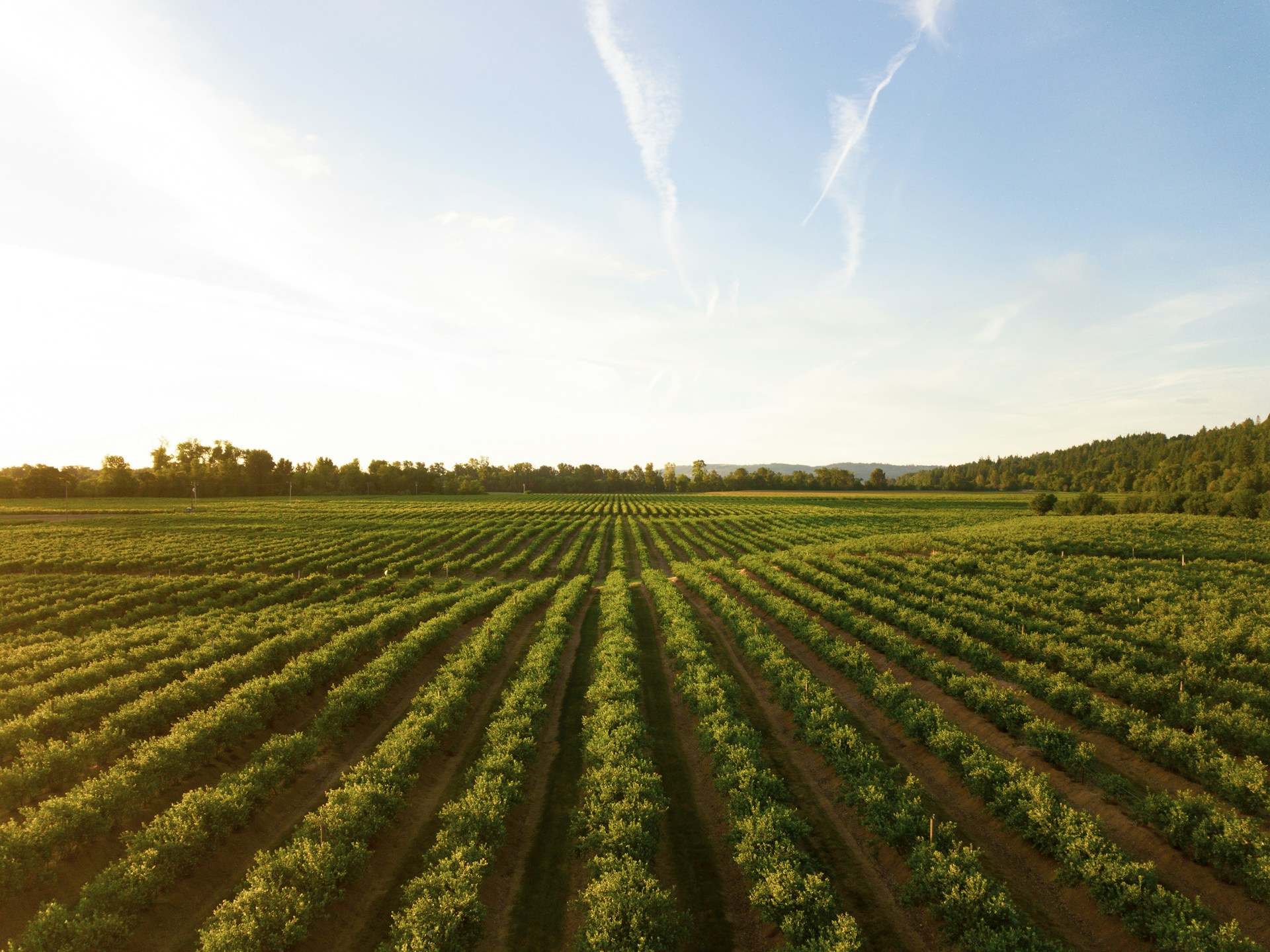
Eco Health Industries: Innovators in Sustainable Agriculture and Soil Health Solutions
External Pressures on Profitability
Since the 1930s, farm profitability has never been under as much strain as it is today. Input costs keep rising while commodity prices often fall. As a result, farms must grow large enough to benefit from economies of scale or diversify to stay competitive.
A Balanced, Systems-Based Approach
Our philosophy merges traditional agronomy with modern, science-backed techniques to make the best use of every tool available—while preserving long-term soil health. By focusing on the entire system, we can rethink crop production and capture emerging opportunities for improved profitability.
Think of Cropping Systems Like Engines
The plant-engine analogy is surprisingly apt: just as tractors require water, air, spark, oil, and fuel, crops depend on water infiltration, soil gas exchange, sunlight, carbon, and minerals. Too much or too little of any component restricts growth, and if one part fails, the entire system suffers. True efficiency means doing the right thing at the right time within a systems framework.
Weak Spark? Cloudy days reduce a plant’s energy intake, thus lowering its nutrient demand.
Flooded System? Applying all your nitrogen at planting—when there’s plenty of water but less sun—saturates the system. This delays beneficial microbial activity, promotes luxury nutrient consumption, and reduces root exploration (essential for drought tolerance).
Thinning Out the Oil? Excessive tillage depletes carbon reserves and undermines aggregate stability, a discovery that supports reduced-tillage practices.
Overworking the Engine? Solely relying on synthetic fertilizers is like running your engine at 7,000 RPM. It might work in the short term, but it accelerates wear and lowers long-term performance.
Integrated Components: Soil and crops work synergistically, much like an engine’s parts. Why not treat them that way?
Don’t Throw Out the Baby With the Bathwater
Fertilizers are effective, and crop protection matters—weed pressure alone can devastate yields. But the details are everything. High rates of soluble fertilizer at planting can inhibit soil microbes, reducing both drought and disease tolerance. Young plants don’t need large doses all at once, which often only feeds weeds and boosts herbicide use. Meanwhile, active soil microbes secrete compounds that improve soil structure, encouraging better water infiltration and gas exchange in a beneficial feedback loop.
That’s why limiting soluble fertilizer and adopting split applications—both soil and foliar—during critical growth stages can be so impactful. From a systems perspective, it just makes sense.
Smart Chemistry, Smart Timing
Organically chelated or complexed synthetic fertilizers, applied foliar or banded at the right time, can often correct in-season deficiencies more effectively than organic forms alone. We advocate using efficient chemistry precisely where and when it’s needed, guided by science and evidence—not by blindly following any single ideology.
Our Biological Method
We combine proven traditional practices with modern insights to cultivate resilient soils while also achieving strong yields today. The core of our Biological Method is a three-pronged strategy:
Enhance Soil Structure: Optimize physical properties to create the ideal environment for roots and microbes.
Farm the Microbes: Encourage beneficial microbes that unlock nutrients and suppress disease.
Supply the Right Nutrients at the Right Time: Deliver nutrients in the right form and at critical growth stages to maximize efficiency and boost biological processes.
We Know Change Isn’t Easy
Reimagining yourself as a microbe farmer and applying minerals more thoughtfully—using slightly less, more frequently—can be your first step toward regenerative farming and sustainable profitability. It requires both physical and mental effort. There’s no magic bullet in a jug. But the feedback we hear most often? Growing this way makes farming fun again. You can decide what that’s worth.
Ready to explore how our Biological Method can transform your farm? Let’s make regenerative agriculture both profitable and enjoyable—together.
Our History
Eco Health Industries, Headquartered in Maple Ridge, British Columbia, with distribution in Coaldale, Alberta, Westlock, Alberta, and Rosetown, Saskatchewan, is a Canadian agri-biotech company that specializes in developing environmental probiotics, plant nutrient prebiotics, soil amendments, and the knowledge how and when to use them. Established in 2013, with a focus on the practical application of biological principles, after 11 years in the biological space, we have learned the hard way of what to do and when. Where a biological approach will serve you and when it won't. Grow with us on your journey to increase soil health and use our experience to avoid some of the pitfalls that undoubtedly lie ahead. However, it's a worthwhile endeavour that will pay dividends far into the future, it just pays to listen to nature and take the path of least resistance. Nothing in a jug will replace hard work and diligence.
We offer a variety of practices and products designed to support sustainable agricultural practices, using a "biological method" that integrates geological, biological, and chemical components to create a holistic approach to soil and plant health developed using the latest science. We aim to add to your toolbox, not take anything away. We don't subscribe to any ideology or participate in wishful thinking. Farming is hard enough. Evidence should be our guide, not ideas on how it ought to be. This approach aims to enhance soil aggregation and microbial diversity, to lead to increased fertilizer efficiency, improved disease suppression, and increased plant productivity. Our range of products includes microbial metabolites, soil prebiotics, soil probiotics, and soil chemistries. But we're more than just products, we're information.
The Team
Darcy Lepine
President


Tom Frobb, HBa
Vice President, CFO


Alan Wicks, PhD,
Plant Physiology
Chief Science Officer






